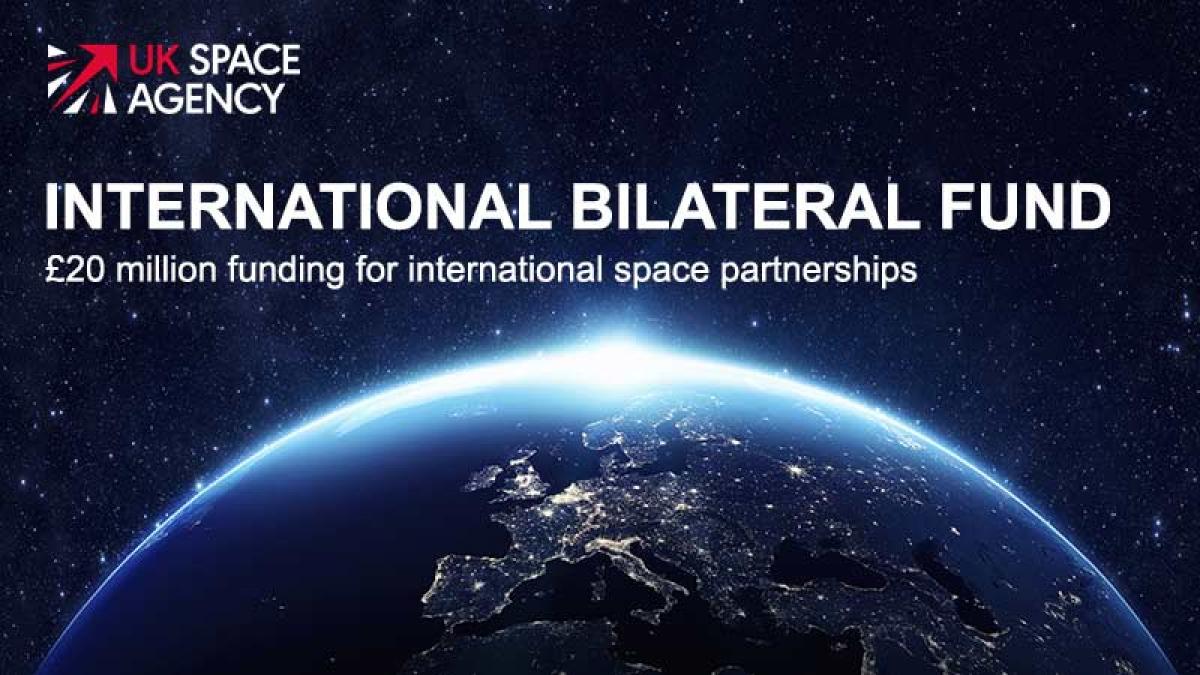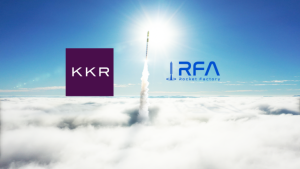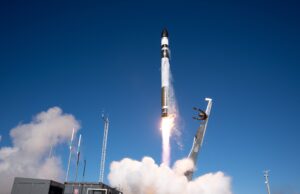Now UKSA Spends £20 Million On 32 Grantees – Here’s Why
11th Aug 2023
In April, the UK Space Agency (UKSA) launched a £20 million bilateral fund aimed at strengthening international relationships in space. Announced at the 38th annual Space Symposium, UKSA’s bilateral fund has been designed to pull together the UK’s closest allies to increase international collaboration. This includes uniting organisations across Australia, the US, Canada, Japan, India, Singapore and South Africa. On 8th August, the agency announced the first grant award recipients of the UKSA Bilateral Fund.
UKSA said in a statement, the move will: “form collaborations that will progress space research,” as well as catalyse investments in emerging novel technology. This is the first time UKSA has released funding aimed at strengthening relationships overseas, all in an effort to boost “the UK’s goals in space”.
Augmenting International Relations To Bolster UK Space Ambitions
Ultimately, funding will support “skills that enhance our homegrown expertise and capabilities, [and] drive up investment in the UK,” Dr Paul Bate, UKSA CEO, said. Dr Bate also noted the investment will be vital for “pushing the boundaries” in allied space interests. Equally, he said investing in global partnerships will unlock many future economic opportunities.
The bilateral fund is the latest in a long line of investments that UKSA has announced. More recently, £15 million was injected into Earth Monitoring Technology – which will see further developments under the international partnership. Additionally, the funding trend also saw UKSA pledge £2.1 million towards 9 UK-based projects in June this year.
Types of Projects To Receive Funding
Segments of the funding rounds will: “focus directly on space missions and technologies with strong commercial potential”. Capital will also be invested in superconductors for spacecraft control, as well as space traffic management and satellite launch vehicles. UKSA said they aspire to create a portfolio that “represents the full breadth of the sector”.
One of the projects will see UK-based Vertical Future, Axiom Space, Saber Astronautics, Cambridge University, and the University of Adelaide, develop an autonomously controlled environment for plant growth. Satellite manufacturer, In-Space Missions, will also receive funding to partner with a regional Asia-Pacific Government consortium. Their goal is to simplify the export of new space technology in addition to “access to space via rideshare missions”.
The 32 Projects To Receive The First £2.1 Million
Initially, UKSA will release £2.1 million targeting 32 projects that will receive upwards of £75,000 each. Some of these projects include:
- The University of Glasgow and Australia’s Remote Operations for Space and Earth Consortium developing an approach to lunar regolith sampling;
- Rolls-Royce and BWXT Advance Technologies collaborating on research into space nuclear technology;
- The University College London, the University of Bordeaux and the University of New Hampshire enhancing firmware code and updating prototypes for the HelioSwarm/iESA;
- The University of Leicester, the National Nuclear Laboratory, Japan’s Ispace, Aerojet Rocketdyne, NASA’s Glenn Research Centre, and John Hopkins University’s development of radioisotopes through a commercial pipeline;
- A Low-Earth orbit regulatory testbed for orbital servicing designed by Satellite Applications Catapult and Canada’s Obruta Space Solutions Corp;
- University of Exeter, the University of Leicester and an internal coalition comprising of the US, Japan and Canada and Australia will develop fluorescent deep space petri pods;
- Frontier Space Technologies and Germany’s Exploration Company will research and design an in-orbit biopharma;
- Deimos Space, SJE Space, Australia’s Silentium Defence Trading, and USA’s Exa Research will contribute various sensing technologies that will increase coverage.







Thank you for your comment! It will be visible on the site after moderation.